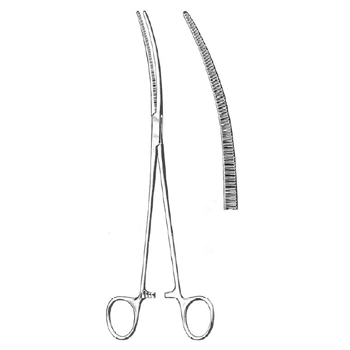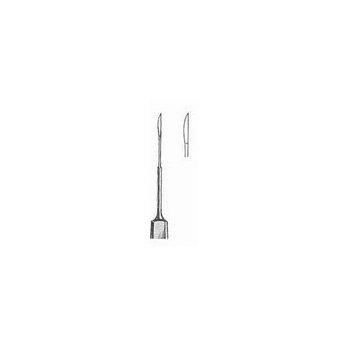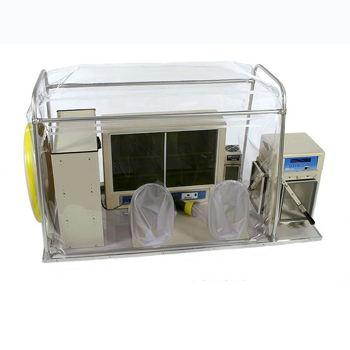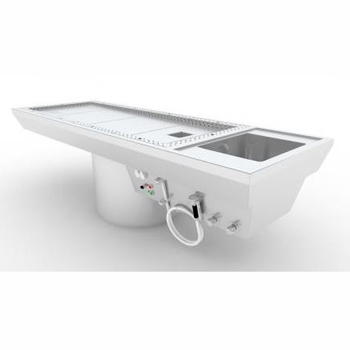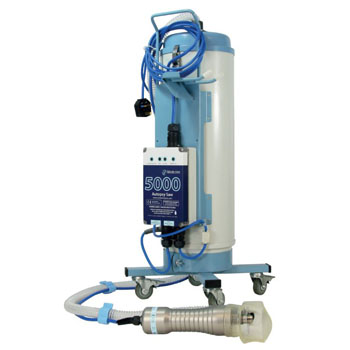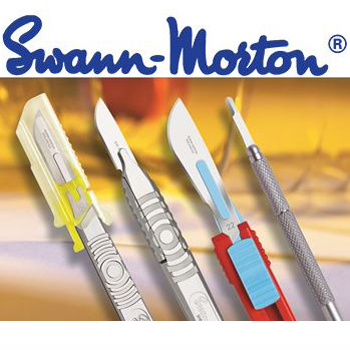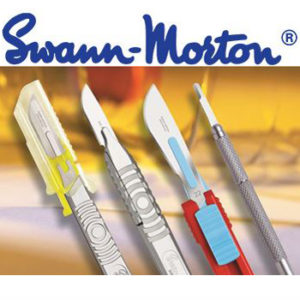Skalpeller, blad & skaft
Noggrannhet och tillförlitlighet är två avgörande faktorer, speciellt när det kommer till kirurgiska ingrepp. Skalpeller, blad och skaft utgör grundläggande verktyg för kirurger, som med deras hjälp kan utföra operationer med hög precision. Denna kategori omfattar ett brett utbud av instrument designade för att möta de specifika behoven vid olika typer av kirurgiska ingrepp.
Skalpellens roll i kirurgi
Skalpeller är kanske de mest ikoniska verktygen inom kirurgi, kända för sin skärpa och förmåga att göra rena snitt. De används inom en mängd medicinska discipliner, från plastikkirurgi till allmänkirurgi, och är avgörande för operationens framgång. Skalpeller kommer i olika former och storlekar, varje typ anpassad för specifika procedurer och snitttyper. Det gör dem till mångsidiga verktyg som kan anpassas till kirurgens behov.
Betydelsen av kvalitetsblad och skaft
För att skalpeller ska kunna utföra sin funktion effektivt, är det viktigt att både blad och skaft håller högsta möjliga kvalitet. Bladen måste vara extremt skarpa för att minimera skada på vävnader och underlätta snabb läkning. De bör också vara lätta att byta ut för att upprätthålla optimal skärpa genom hela ingreppet. Skaftet, å andra sidan, måste erbjuda en fast och bekväm grepp för kirurgen. Det är avgörande för att säkerställa precision under operationen och för att minska trötthet vid längre ingrepp.
Material och tillverkning
Materialval och tillverkningsprocesser spelar en stor roll i kvaliteten på skalpeller, blad och skaft. Rostfritt stål är ett populärt val för dessa instrument på grund av dess hållbarhet och förmåga att steriliseras utan att förlora skärpa. För engångsbruk finns det alternativ gjorda av högkvalitativa plaster som kombinerar hygien med funktionalitet. Oavsett material, är precision i tillverkningen avgörande för att säkerställa att varje instrument möter de strikta kraven inom medicinsk praxis.
Anpassning för olika kirurgiska behov
Med teknikens framsteg har utbudet av skalpeller, blad och skaft utvidgats för att inkludera specialiserade verktyg för unika kirurgiska behov. Det finns nu instrument som är speciellt utformade för minimalinvasiva ingrepp, vilka kräver mindre snitt och erbjuder snabbare återhämtning för patienterna. Denna anpassning säkerställer att kirurger har tillgång till de bästa möjliga verktygen för varje specifik uppgift, vilket bidrar till bättre patientutfall.
Slutsats
Skalpeller, blad och skaft är oumbärliga verktyg inom kirurgi, som möjliggör precision och effektivitet i operationssalen. Genom att välja instrument av hög kvalitet kan medicinska professionella erbjuda säker och effektiv vård, vilket i sin tur leder till bättre hälsoutfall för patienterna. Med ett brett utbud av tillgängliga alternativ kan kirurger välja de verktyg som bäst passar deras specifika behov, vilket ytterligare förbättrar kvaliteten på den kirurgiska vården.


